Speakers
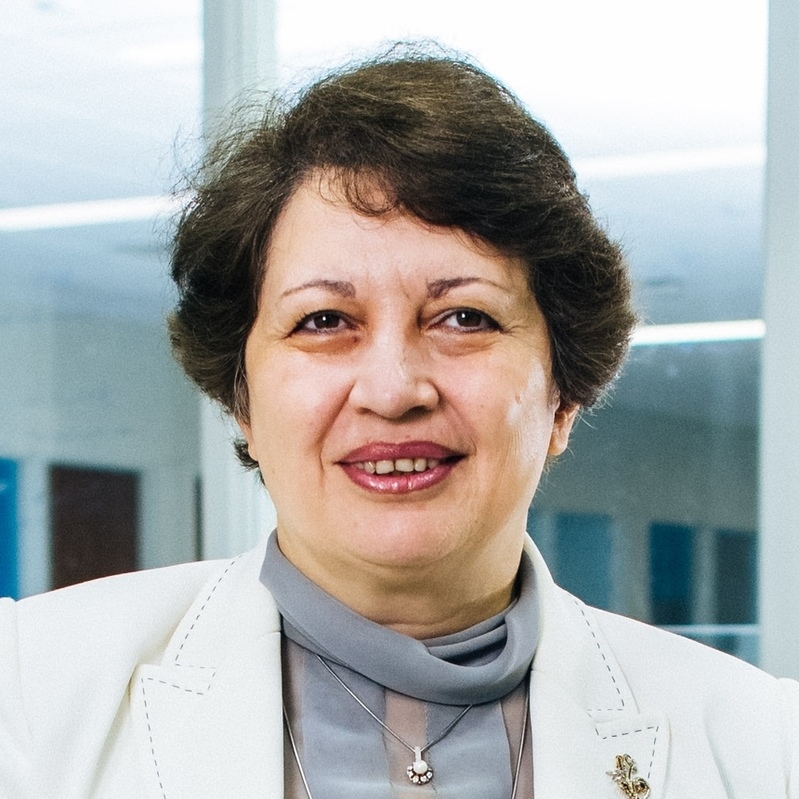
Naira Hovakimyan, Ph.D.
Naira Hovakimyan received her MS degree in Theoretical Mechanics and Applied Mathematics in 1988 from Yerevan State University in Armenia. She got her Ph.D. in Physics and Mathematics in 1992 from the Institute of Applied Mathematics of Russian Academy of Sciences in Moscow. She is currently a W. Grafton and Lillian B. Wilkins Professor of Mechanical Science and Engineering at UIUC. In 2015 she was named inaugural director for Intelligent Robotics Lab of Coordinated Science Laboratory at UIUC. She has co-authored two books, eleven patents and more than 450 refereed publications. She was the recipient of the SICE International scholarship for the best paper of a young investigator in the VII ISDG Symposium (Japan, 1996), the 2011 recipient of AIAA Mechanics and Control of Flight Award, the 2015 recipient of SWE Achievement Award, the 2017 recipient of IEEE CSS Award for Technical Excellence in Aerospace Controls, and the 2019 recipient of AIAA Pendray Aerospace Literature Award. In 2014 she was awarded the Humboldt prize for her lifetime achievements. She is Fellow and life member of AIAA and a Fellow of IEEE. She is cofounder and chief scientist of IntelinAir. Her work in robotics for elderly care was featured in the New York Times, on Fox TV and CNBC. Her research interests are in control, estimation and optimization, autonomous systems, game theory and their broad applications across various industries.
Title of Speech: Safe Learning and Control with 𝓛1-Adaptation
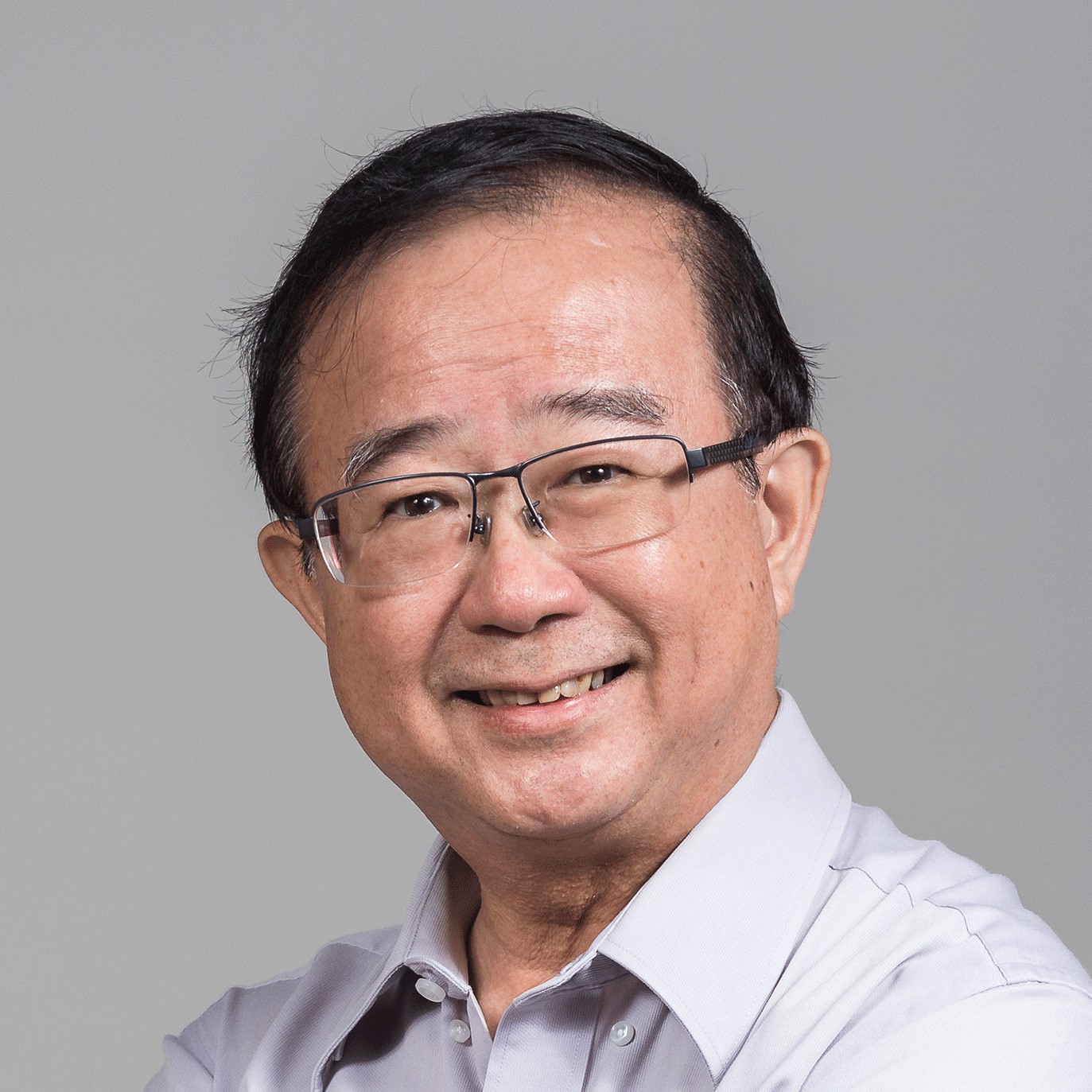
Alex Siow, Ph.D.
Prof Alex Siow is currently Professor (Practice) in the department of Information Systems and Analytics of the School of Computing, National University of Singapore and a teaching staff of the Advanced Computing for Executives, an Executive Education Centre. He was former director of the Centre for Health Informatics. Alex started his career as a Structural Engineer in the HDB in 1981 and appointed the Chief Information Officer in 1989. In 2003, Alex joined the private sector and became the Senior Vice-President in StarHub Ltd. He held various portfolios including Head, Business Market, CIO and Head, Enterprise Risk Management. Alex is currently Chairman of Toffs Technologies Pte Ltd, an independent director of Tee International Ltd. He is also a director in DART Consulting and Training Pte Ltd and Wesan Future Design Pte Ltd. He is a strategic Advisor to Nityo Infotech, Alibaba Cloud and U3 Infotech. Prof Alex's expertise is in IT Governance, Enterprise Risk Management, Management of Emerging Technology and Technology Roadmap Planning. He is also active in the Fintech and blockchain community.
Title of Speech: Data science and AI/ML in healthcare and Medtech - an industry perspective
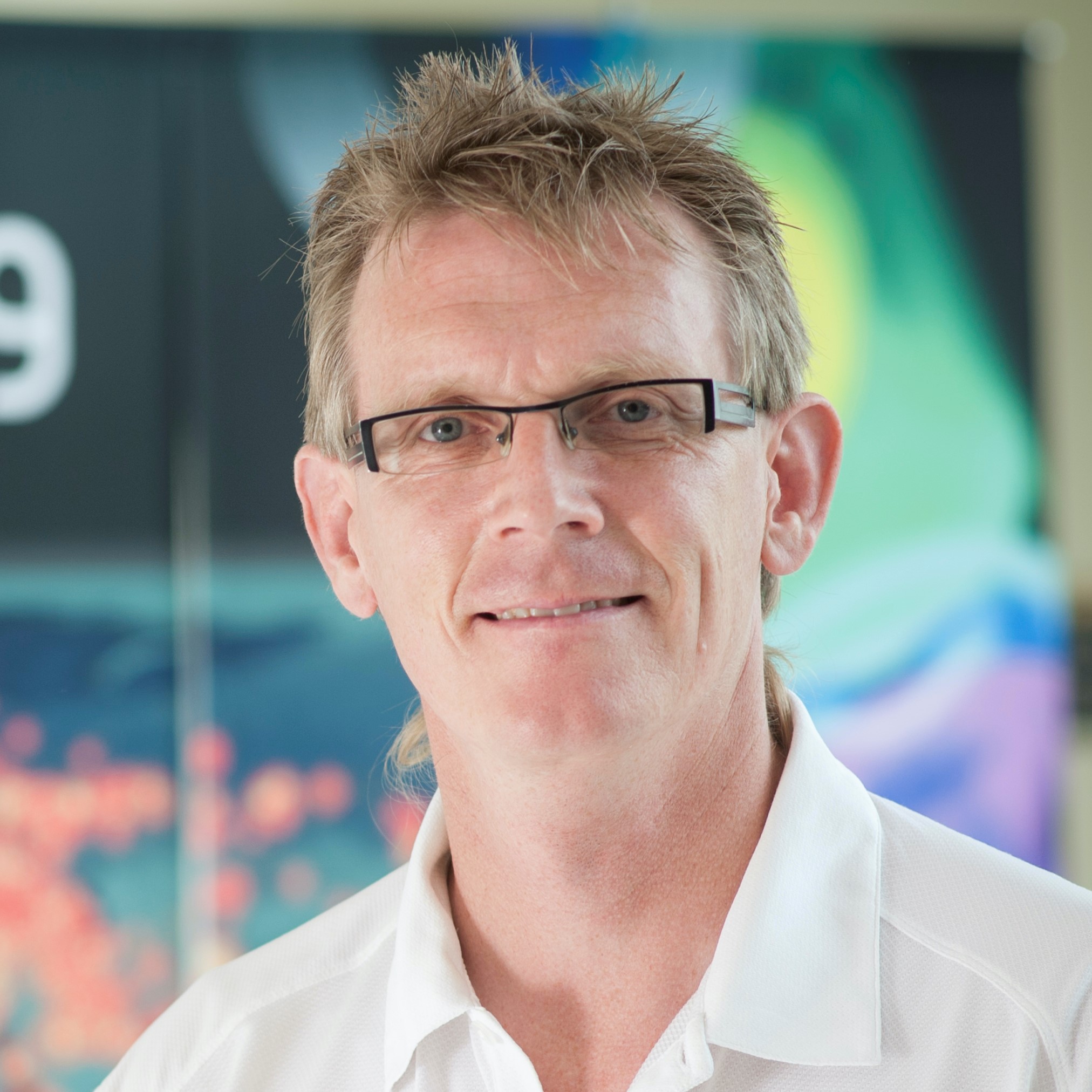
Gerhard Klimeck, Ph.D.
Gerhard Klimeck is an Electrical and Computer Engineering faculty at Purdue University and leads two research centers in Purdue's Discovery Park. He helped to create nanoHUB.org which now serves over 2.0 million users globally. Previously he worked with Texas Instruments and NASA/JPL/Caltech. His research interest is in computational nanoelectronics, high performance computing, and data analytics. NEMO, the nanoelectronic modeling software built in his research group established the state-of-the-art in atomistic quantum transport modeling. NEMO is now being used at Intel for advanced transistor designs and commercialized. He published over 525 printed scientific articles that resulted in over 20,000 citations and an h-index of 69 in Google scholar. He is a fellow of the Institute of Physics (IOP), a fellow of the American Physical Society (APS), a Fellow of IEEE, a Fellow of AAAS and a Fellow of the Alexander von Humboldt Stiftung (Germany). Together with physicist Michelle Simmons of the University of New South Wales, he "devised a way to make a single-atom transistor", which ranked #29 top invention of 2013 by Discover Magazine. In 2020 the nanoHUB team was awarded a R&D 100 award for "nanoHUB: Democratizing Learning and Research". In Oct. 2020 he was elected Fellow of American Association for the Advancement of Science (AAAS), "For the quantum mechanical modeling theory and simulation tools to design today's nanotransistors and for leadership of the global nanotechnology community as Director of nanoHUB."
Title of Speech: nanoHUB.org - always "on" :New Paradigms in Global Scientific Knowledge Transfer, Publishing, and Assessment
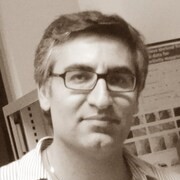
Kourosh Khoshelham, Ph.D.
Kourosh Khoshelham is an Associate Professor at the Department of Infrastructure Engineering of the University of Melbourne. He received his PhD in photogrammetry and laser scanning from the Hong Kong Polytechnic University in 2004, and held Assistant Professor positions at Delft University of Technology and University of Twente before joining the University of Melbourne in 2015. Kourosh has published extensively on topics related to mapping, positioning, and 3D computer vision. He serves on the editorial board of several international journals, including Sensors and Infrastructures. He is also involved in the International Society for Photogrammetry and Remote Sensing (ISPRS), where he serves as the Co-Chair of Working Group IV/5 and leads the ISPRS Benchmark on Indoor Modelling.
Title of Speech: Lidar, HD Maps, and Autonomous Driving
Previous Speakers
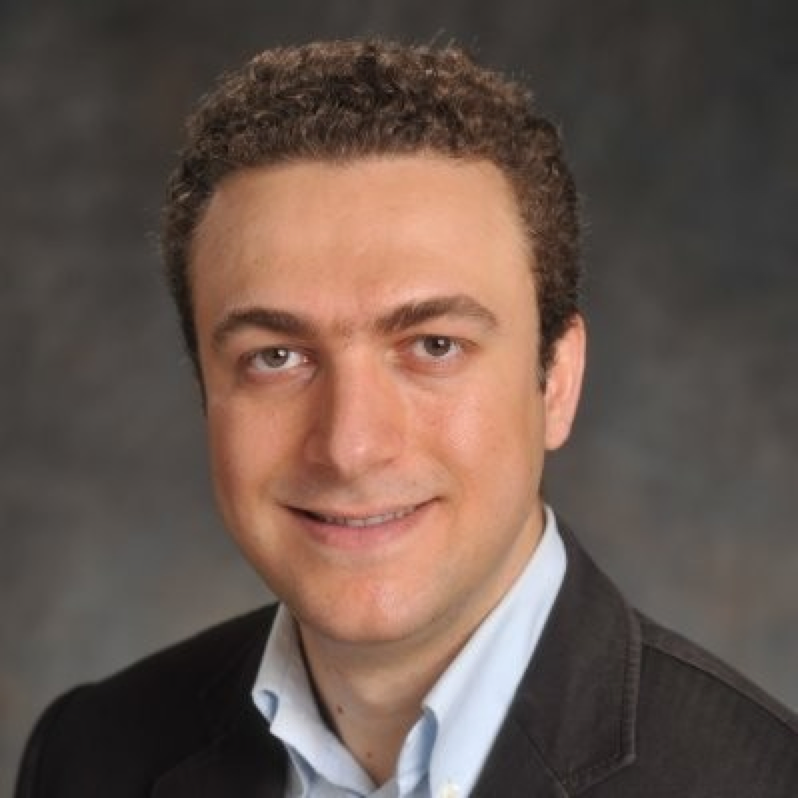
Aydogan Ozcan, Ph.D.
Dr. Aydogan Ozcan is the Chancellor's Professor and the Volgenau Chair for Engineering Innovation at UCLA and an HHMI Professor with the Howard Hughes Medical Institute, leading the Bio- and Nano-Photonics Laboratory at UCLA School of Engineering and is also the Associate Director of the California NanoSystems Institute. Dr. Ozcan is elected Fellow of the National Academy of Inventors (NAI) and holds 43 issued patents and >20 pending patent applications and is also the author of one book and the co-author of >700 peer-reviewed publications in major scientific journals and conferences. Dr. Ozcan is the founder and a member of the Board of Directors of Lucendi Inc., Hana Diagnostics, Pictor Labs, as well as Holomic/Cellmic LLC, which was named a Technology Pioneer by The World Economic Forum in 2015. Dr. Ozcan is also a Fellow of the American Association for the Advancement of Science (AAAS), the International Photonics Society (SPIE), the Optical Society of America (OSA), the American Institute for Medical and Biological Engineering (AIMBE), the Institute of Electrical and Electronics Engineers (IEEE), the Royal Society of Chemistry (RSC), the American Physical Society (APS) and the Guggenheim Foundation. http://innovate.ee.ucla.edu/welcome.html http://org.ee.ucla.edu
Title of Speech: Diffractive Optical Neural Networks Designed by Deep Learning

Brian A. Barsky, Ph.D.
Prof. Brian Barsky is a Fellow of the American Academy of Optometry (F.A.A.O.), a UC Berkeley Presidential Chair Fellow, a Warren and Marjorie Minner Faculty Fellow in Engineering Ethics and Professional/Social Responsibility, and an ACM Distinguished Speaker. Dr. Barsky was a recipient of an IBM Faculty Development Award and a National Science Foundation Presidential Young Investigator Award. He developed Vision-Realistic Rendering using three-dimensional rendering techniques for the computer generation of synthetic images to simulate the vision of specific individuals based on measuring the wavefront aberrations of their eyes. This led to developing a vision-correcting display to enable specific viewer to see it in sharp focus directly without using any corrective eyewear such as eyeglasses or contact lenses. This was selected by Scientific American as one of 2014's ten "World Changing Ideas."
Title of Speech: Why its MCAS Computer System Should Not Exist
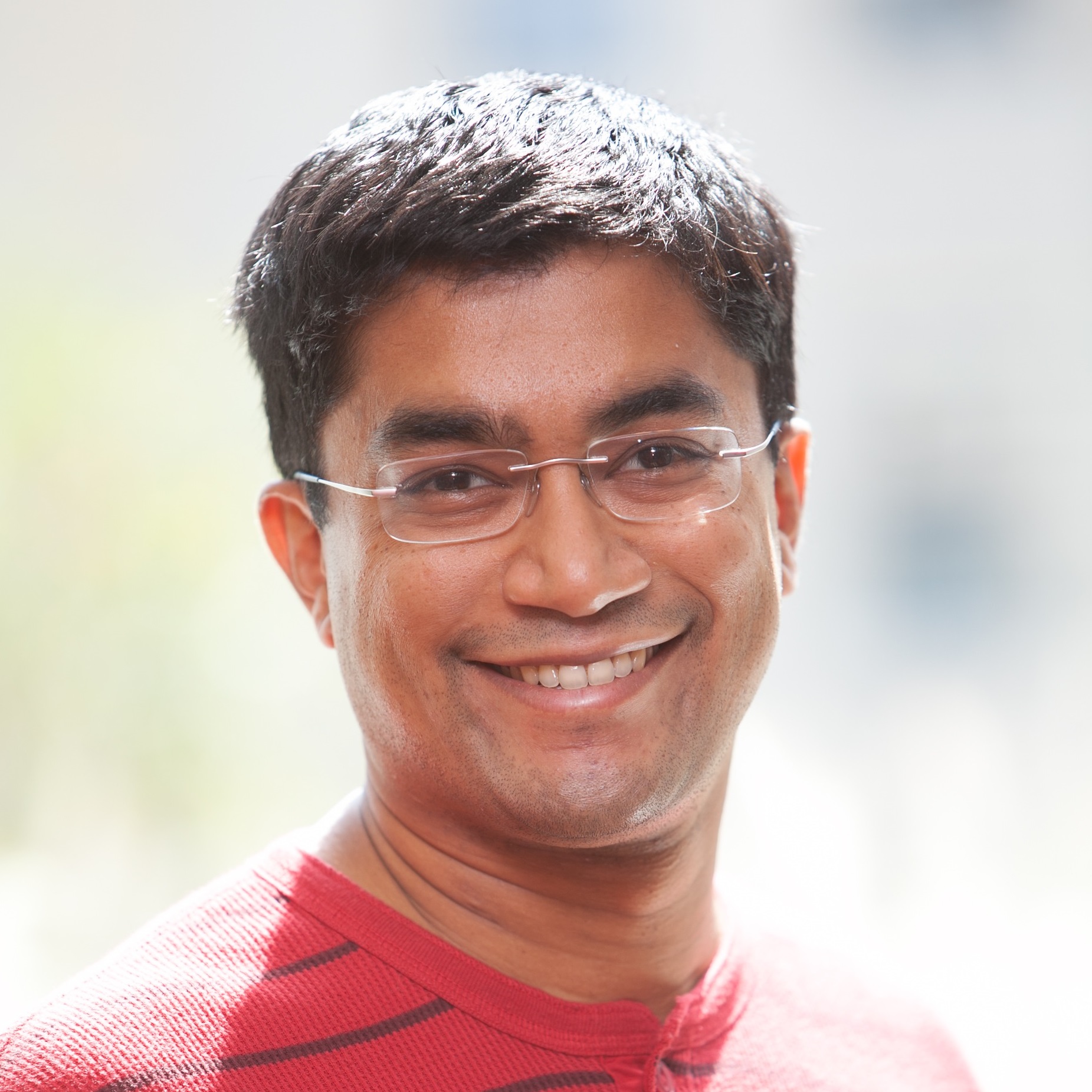
Venkatesan Guruswami, Ph.D.
Venkatesan Guruswami (Venkat) is a Professor in the Computer Science Department at Carnegie Mellon University, and the director of its Ph.D. program. He received his Ph.D. from MIT in 2001. His research interests include error-correcting codes, approximate optimization, and computational complexity. Venkat serves on the editorial board of the Journal of the ACM and was till recently the Editor-in-Chief of the ACM Transactions on Computation Theory. He was program committee chair for the 2015 Symposium on Foundations of Computer Science (FOCS). Venkat is a Fellow of the ACM and the IEEE. He was an invited speaker at the 2010 International Congress of Mathematicians. His other honors include the Simons Investigator award, EATCS Presburger Award, Packard and Sloan Fellowships, a Google Faculty Research Award, the ACM Doctoral Dissertation Award, and an IEEE Information Theory Society Paper Award.
Title of Speech: Erasure codes for local repair in distributed storage
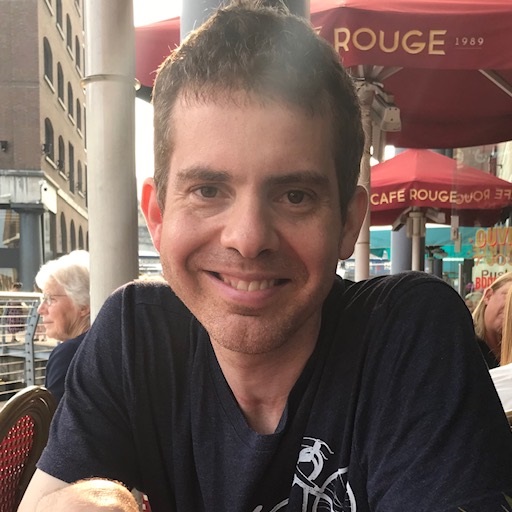
David P. Woodruff, Ph.D.
David Woodruff has been an associate professor at Carnegie Mellon University in the Computer Science Department since 2017. Before that he was a research scientist at the IBM Almaden Research Center, which he joined in 2007 after completing his Ph.D. at MIT in theoretical computer science. His research interests include data stream algorithms, distributed algorithms, machine learning, numerical linear algebra, optimization, sketching, and sparse recovery. He is the recipient of the 2020 Simons Investigator Award, the 2014 Presburger Award, and Best Paper Awards at STOC 2013, PODS 2010, and PODS, 2020. At IBM he was a member of the Academy of Technology and a Master Inventor.
Title of Speech: A Very Sketchy Talk
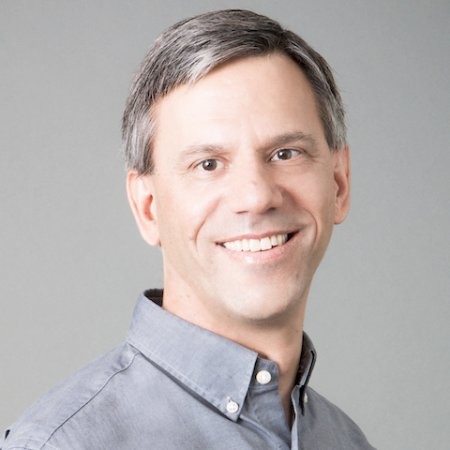
Craig Knoblock, Ph.D.
Craig Knoblock is the Keston Executive Director of the Information Sciences Institute, Research Professor of both Computer Science and Spatial Sciences, and Vice Dean of Engineering at the University of Southern California. He received his Bachelor of Science degree from Syracuse University and his Master's and Ph.D. from Carnegie Mellon University in computer science. His research focuses on techniques for describing, acquiring, and exploiting the semantics of data. He has worked extensively on source modeling, schema and ontology alignment, entity and record linkage, data cleaning and normalization, extracting data from the Web, and combining all of these techniques to build knowledge graphs. He has published more than 400 journal articles, book chapters, and conference and workshop papers on these topics and has received 7 best paper awards on these papers. Dr. Knoblock is a Fellow of the Association for the Advancement of Artificial Intelligence (AAAI), a Fellow of the Association of Computing Machinery (ACM), past President and Trustee of the International Joint Conference on Artificial Intelligence (IJCAI), and winner of the Robert S. Engelmore Award.
Title of Speech: Building Knowledge Graphs to Solve Societal Problems: Applications, Challenges, and Solutions
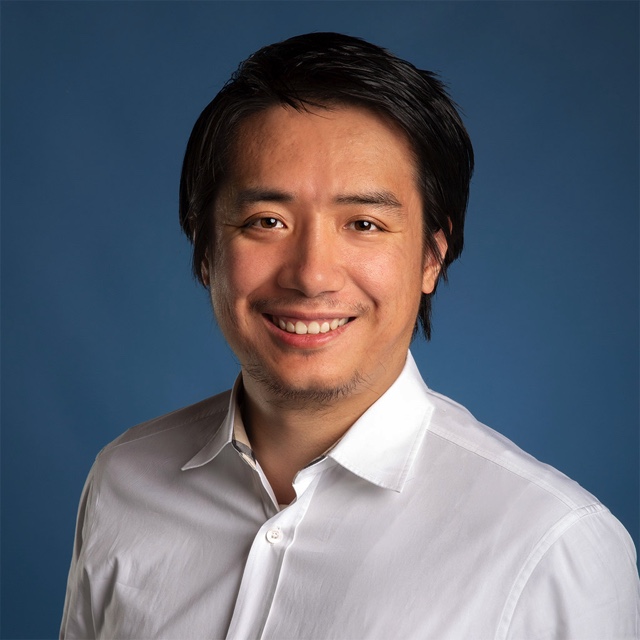
Aaron Li, Ph.D.
Aaron is the founder of Qokka, an AI startup that helps companies zero in on customers and communities using communication data at large scale. Previously, Aaron was a founding engineering lead at Scaled Inference, where he created one of the first generalized autonomous optimization platforms for commercial use. Aaron briefly worked at Google AI, NICTA, and CMU where he created and perfected one of the first constant-time, large scale topic modeling algorithms for industrial use. Which became widely adopted.
Aaron won multiple awards in AI, including KDD Best Research Paper Award for his contribution in topic modeling and machine learning. Aaron received a research MSc in Language Technologies at Carnegie Mellon University, and BSc (1st class honors) at Australian National University in Computer Science, Computer Science, Mathematics, and Statistics. Aaron has lived in Beijing, New Zealand and Australia, before he moved to and settled in the US.
Title of Speech: NLP on Cryptocurrency Discussion Data, A Few Fun Experiments
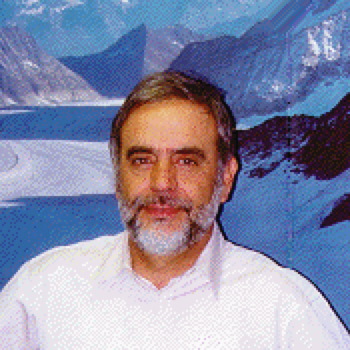
Carlo Zaniolo, Ph.D.
After several years with industrial research labs, Dr. Zaniolo returned to his alma mater, UCLA, as a computer science professor and first occupant of the Norman E. Friedmann Chair in Knowledge Science. Professor Zaniolo is the author, or coauthor, of more than 340 peer-reviewed publications. Carlo served as the program chair or co-chair of major database conferences and associate editor of prestigious journals. At UCLA is serving as the director of the Web Information System Laboratory and co-director of Scalable Analytics Institute (ScAI).
Title of Speech: Scalability and Performance for Big Data Algorithms by Logic+Aggregates




